- Home
- About ANT
-
Products
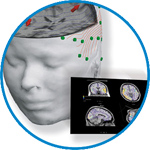
asa
asa is a highly flexible EEG/ERP and MEG analysis package with a variety of source reconstruction, signal analysis and MRI processing features.
.jpg)
eego mylab
The new frontier in multimodal brain research. With up to 16 kHz sampling rate, 256 EEG channels and unique software features, eego mylab gives you an unprecedented in-depth understanding of the human brain.

eego sports
eego sports offers complete freedom to collect high-density EEG data, bipolar EMG signals, and a variety of physiological sensor data, wherever and whenever required, with publish quality data in less than 15 minutes!
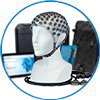
waveguard net
The waveguard net sets a new standard for research applications requiring high-density EEG data acquisition with quick preparation time, high flexibility, and subject comfort.
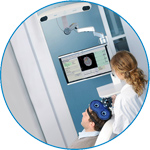
visor2
Our new and upgraded visor2 solutions integrate all the latest technologies for navigated rTMS, dual-coil navigation support, EEG-TMS recordings and pre-surgical evaluation for the highest quality in research and clinical procedures.

powerMAG ANT
The PowerMAG ANT 100 rTMS stimulator is designed for the specific needs of high-end TMS applications. Powerful high-frequency TMS as well as high precise single pulse and repetitive pulse protocols are combined in one single device.
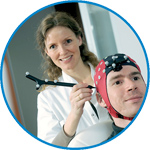
xensor
xensor offers the solution for digitization of 3D electrode positions. xensor takes care of the whole procedure; it records, visualizes and stores positions acquired with a dedicated digitizer.
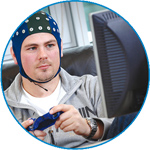
waveguard original
waveguard original is the cap solution for EEG measurements compatible with fMRI, MEG and TMS system. Use of active shielding guarantees performance in even the most demanding environments.
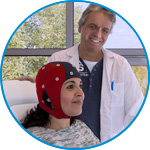
waveguard connect
waveguard connect EEG caps are a perfect match for hospitals and institutes aiming at reliable EEG, maximum uptime and great patient comfort! For optimal signal quality, the electrodes are made of pure, solid tin.
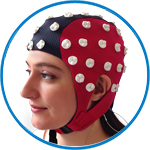
waveguard touch
waveguard touch is a dry electrode EEG cap. The unique Ag/AgCl coated soft polymer electrodes provide stable, research-grade EEG signals while maintaining subject comfort. The combination of these innovative dry electrodes and the industry-leading waveguard cap makes waveguard touch the best solution for dry EEG.
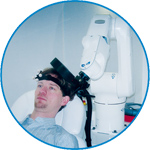
smartmove
smartmove allows planning of a complete TMS session ahead by defining stimulation sites based on anatomical MRI information and functional information like fMRI, PET or EEG/MEG.
Stay - References
- Support
- Events
- News
- Contact Us
You are here
Explicit and Implicit Second Language Training Differentially Affect the Achievement of Native-like Brain Activation Patterns
Explicit and Implicit Second Language Training Differentially Affect the Achievement of Native-like Brain Activation Patterns
It is widely believed that adults cannot learn a foreign language in the same way that children learn a first language. However, recent evidence suggests that adult learners of a foreign language can come to rely on native-like language brain mechanisms. Here, we show that the type of language training crucially impacts this outcome. We used an artificial language paradigm to examine longitudinally whether explicit training (that approximates traditional grammar-focused classroom settings) and implicit training (that approximates immersion settings) differentially affect neural (electrophysiological) and behavioral (performance) measures of syntactic processing. Results showed that performance of explicitly and implicitly trained groups did not differ at either low or high proficiency. In contrast, electrophysiological (ERP) measures revealed striking differences between the groups' neural activity at both proficiency levels in response to syntactic violations. Implicit training yielded an N400 at low proficiency, whereas at high proficiency, it elicited a pattern typical of native speakers: an anterior negativity followed by a P600 accompanied by a late anterior negativity. Explicit training, by contrast, yielded no significant effects at low proficiency and only an anterior positivity followed by a P600 at high proficiency. Although the P600 is reminiscent of native-like processing, this response pattern as a whole is not. Thus, only implicit training led to an electrophysiological signature typical of native speakers. Overall, the results suggest that adult foreign language learners can come to rely on native-like language brain mechanisms, but that the conditions under which the language is learned may be crucial in attaining this goal.

 Read more
Read more.jpg)




